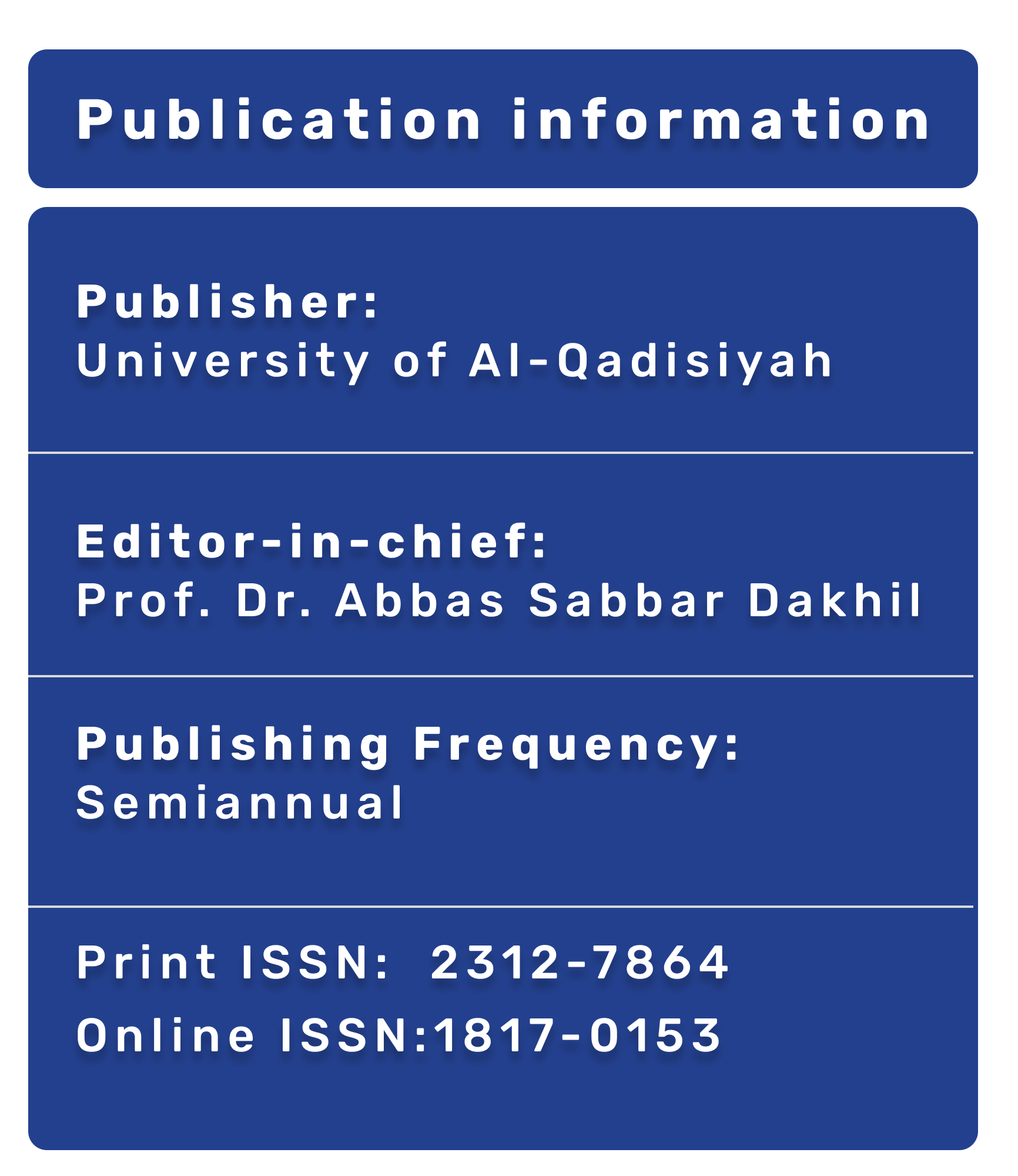Microalbuminuria as a predictors for detection of silent ischemia in patients with type two diabetes mellitus
DOI:
https://doi.org/10.28922/qmj.2017.13.24.18-22Abstract
Background: CHD was still the most widespread leading cause of death in worldwide. Many risk factors can play a role in its pathogenesis; DM, HT, dyslipidemia, obesity smoking and microalbuminuria are common known risk factors. Microalbuminuria is independently considered as a risk factor of CHD in patients with diabetes. Its task as a predictor for CHD has not been well examined, and its predictive implication is uncertain. Aim of study: The purpose of our study was to determine the using of microalbuminuria as a predictor test for detection of silent ischemia in type II DM. Patient and methods: Selection of 169 patients with type II DM who had neither old nor recent IHD and they hadn’t chest pain. According to the results of microalbuminuria, we were dividing those patients into two groups, with and without microalbuminuria. Group one consist of 74 patients with microalbuminuria while group two consist of 92 patients without microalbuminuria. Treadmill test (TMT) or holter studies were done for all patients of both groups after taking their agreement. Results: the result would reveal that diabetic patients with microalbuminuria are at high risk of ischemia than those without microalbuminuria independently to other risk factors. 16 of 74 patients from group one and only three of 95 from group two show positive features of ischemia during exercise test with statistically significant (p value < 0.001). Conclusion: In diabetic patients, microalbuminuria is associated with high CHD risk, independently to other known risk factors. As such, any patient with diabetes mellitus type two had microalbuminuria should search for latent IHD independently to other risk factors. So detection of microalbuminuria and trating of other risk factors is mandatory for improved outcome of CHD risk.Recommendation: Closely follow up of diabetic patients with tight glycemic control in order to reduce incidence of microalbuminuria and any patient with microalbuminuria should search for CHD.








